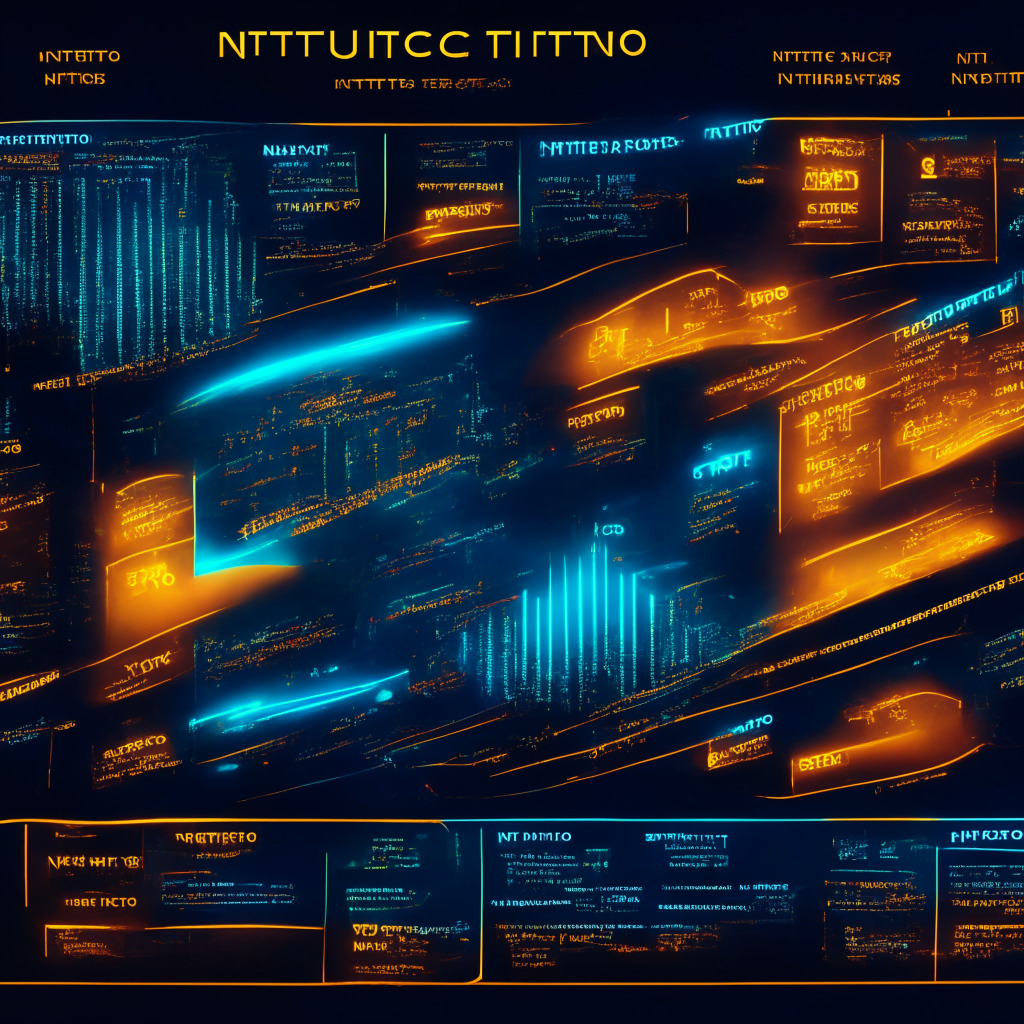In a recent twist of events, Vitalik Buterin, co-founder of Ethereum, expressed concerns over decentralized autonomous organizations (DAOs) controlling the nomination of node operators in liquid staking pools. Posed as a systematic problem, the monopoly of DAOs comes under scrutiny as the staking protocol could potentially expose the pools to threats from destructive actors.
Buterin flagged this issue in his September 30 blog post, explaining the risks involved if a single staking token wields dominance, leading to the control of a significantly large portion of Ethereum validators. As an exemplification of this potential issue, Buterin points towards Lido – a staking protocol that whitelists node operators under its DAO. He concedes that while protocols like Lido have realized this risk and implemented safeguards, this one layer of defense might just not be enough.
Adding to this complexity, Buterin screened the workings of Rocket Pool, where anyone could become a node operator with an 8 Ether deposit. Despite this opportunity, Buterin voiced concerns over the associated risks, which includes network vulnerability due to a 51% attack, putting users at the forefront of bearing most costs.
Evidently, a fresh challenge arises as the crypto realm deals with opposing threats of governance monopoly and network attacks. Buterin suggested a solution to this issue by urging ecosystem participants to engage with a variety of liquid staking providers to avoid the risk of one provider becoming overwhelmingly large, posing a systemic risk.
In related news, further scrutiny is placed on the problematic space of crypto auditing. U.S. SEC has recently initiated legal proceedings against Prager Metis, a firm that provided its purposed independent, auditing services to the now-bankrupt FTX crypto exchange simultaneously with its accounting services. The SEC alleges that this mixed service provision extended over a span of approximately three long years.
With the crypto market being as fast-growing and unregulated as it is, these revelations land on shaky grounds. Questions related to audit integrity and provider dominance not only introduce an element of skepticism but also open up dialogue regarding the potential risks and pitfalls unparalleled in traditional markets. With the crypto ecosystem diversifying and intermingling with traditional financial structures, the need for robust checks and balances becomes crucial. As this space continues to evolve, the community awaits thorough revisions and definitive regulations.
Source: Cointelegraph




